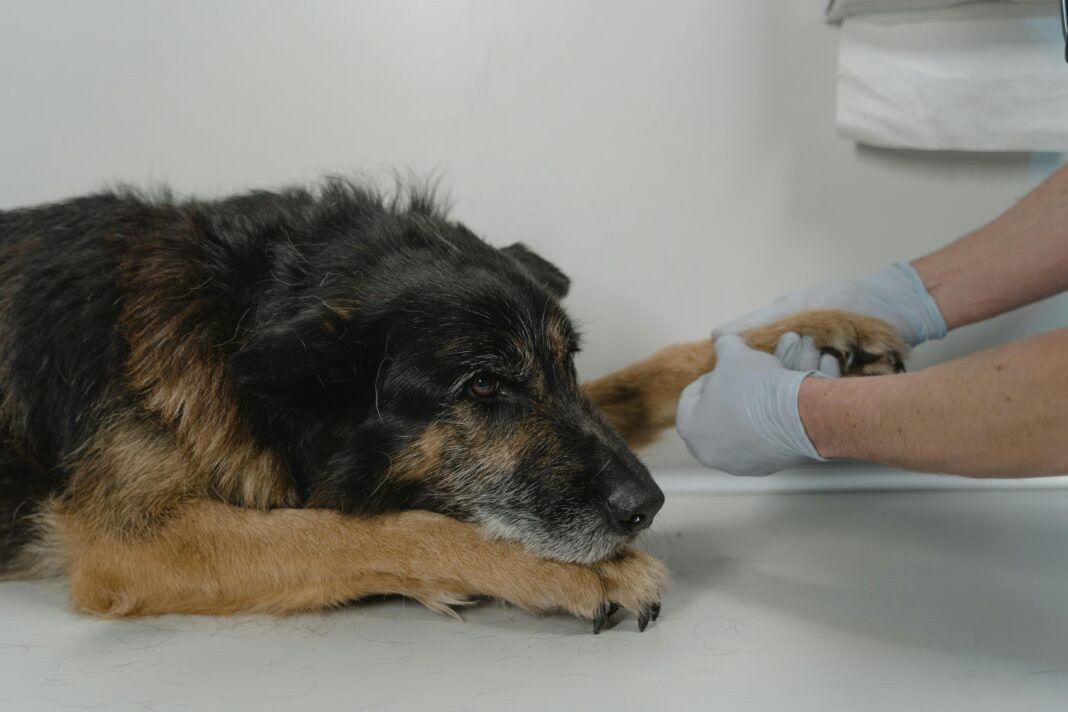When it comes to the health of your beloved pet, knowledge is power. In recent years, clinical trials in veterinary medicine have become an essential avenue for improving the diagnosis, treatment, and prevention of diseases in animals. This guide will help pet owners understand clinical trials, what they involve, and how they can potentially benefit both pets and the veterinary community.
What Are Clinical Trials?
Clinical trials are research studies that evaluate the safety and effectiveness of treatments or interventions. In veterinary medicine, these trials may focus on new medications, surgical procedures, or innovative diagnostic tools. The main goal is to gather data to support the best course of action for treating various conditions in animals.
The Purpose of Clinical Trials
The key purpose of clinical trials is to gather evidence about whether a new treatment works effectively and safely for animals. This data can lead to advancements in veterinary medicine, providing pets with better treatment options and improved quality of life.
How Clinical Trials Work
Clinical trials in veterinary medicine typically follow a structured process:
-
- Preliminary Research: Before a trial begins, researchers conduct preliminary studies to determine the feasibility of the treatment.
-
- Phases of Trials: Most trials will pass through various phases—exploratory, safety, efficacy, and comparative phases. Each phase has specific objectives and involves a different number of participants.
-
- Participant Selection: Pets that may qualify for a trial are often selected based on specific criteria, which could include health status, age, breed, and the type of disease being studied.
-
- Informed Consent: Owners must give their informed consent before their pets can participate. This involves understanding the risks and benefits of the trial.
-
- Monitoring and Data Collection: Throughout the study, participants are monitored closely, and data on their responses to the treatment is collected.
Types of Clinical Trials in Veterinary Medicine
Understanding the types of clinical trials can help pet owners determine if their pets could benefit from participating:
1. Interventional Trials
These trials test new treatments, drugs, or procedures. For example, a trial examining a new chemotherapy drug for dogs with cancer would involve pet participants receiving the drug under careful observation.
2. Observational Trials
In these types of trials, researchers observe pets without changing their treatment. This could involve studying the long-term effects of a specific health condition or treatment already being implemented.
3. Comparative Effectiveness Trials
These trials compare existing treatments to determine which is more effective. An example could be comparing two different antibiotics to see which provides a better outcome for a specific infection.
Who Can Participate in a Clinical Trial?
Not every pet is eligible for every trial, but various factors can influence eligibility:
-
- Condition: The pet must have a specific health condition being studied.
-
- Health Status: Generally healthy pets may not qualify as the goal is to observe the effects of a treatment on diseased animals.
-
- Age and Breed: Certain trials may target specific breeds or age groups.
Benefits of Clinical Trials for Pets
Participating in clinical trials can offer numerous potential benefits:
-
- Access to New Treatments: Pets may gain early access to innovative therapies before they are widely available.
-
- Comprehensive Care: Pets in trials often receive extensive monitoring and care, potentially leading to faster treatment adjustments.
-
- Contribution to Science: Owners can feel good knowing they are contributing to veterinary research that may help countless other pets in the future.
Risks Involved in Clinical Trials
While clinical trials come with benefits, it’s essential to understand the potential risks:
-
- Adverse Effects: New treatments can lead to unexpected side effects.
-
- Uncertain Outcomes: There’s no guarantee that the new treatment will be effective for all pets.
-
- Time Commitment: Some trials require frequent visits to the veterinary clinic for monitoring and follow-ups.
How to Find Clinical Trials for Your Pet
If you’re interested in enrolling your pet in a clinical trial, here are some steps to follow:
1. Consult Your Veterinarian
Your primary veterinarian can help you identify suitable trials based on your pet’s health status and needs. They may have access to local or specific studies.
2. Research Veterinary Schools
Many veterinary schools conduct clinical trials. Check their websites or contact them directly to inquire about ongoing studies.
3. Explore Online Resources
There are several databases and websites dedicated to clinical trials in veterinary medicine. These resources can help you find current trials, including eligibility criteria and contact information for enrollment.
What to Expect During a Clinical Trial
If your pet is selected for a trial, here’s what you can typically expect:
-
- Initial Consultation: A thorough initial examination and discussions about what participation entails.
-
- Regular Monitoring: Scheduled check-ups to monitor your pet’s progress and any side effects.
-
- Data Collection: The veterinary team may collect samples or conduct tests as part of the research.
Preparing Your Pet for a Trial
Preparation can help ease the process:
-
- Provide a Complete Health History: Ensure your veterinarian has all necessary information about your pet’s health, medications, and any past treatments.
-
- Stay Informed: Ask questions about the trial’s specifics, including any potential side effects and commitment required.
-
- Be Supportive: During the trial, be there for your pet to provide comfort and reassurance.
Final Thoughts for Pet Owners
Understanding clinical trials in veterinary medicine can empower pet owners to make informed decisions about their pet’s health care. From the potential benefits of new treatments to the responsibilities involved, being knowledgeable about clinical trials is a valuable asset for any pet owner. Treat these trials as a possible opportunity for your pet to access groundbreaking care, while also contributing to the advancement of veterinary medicine.





